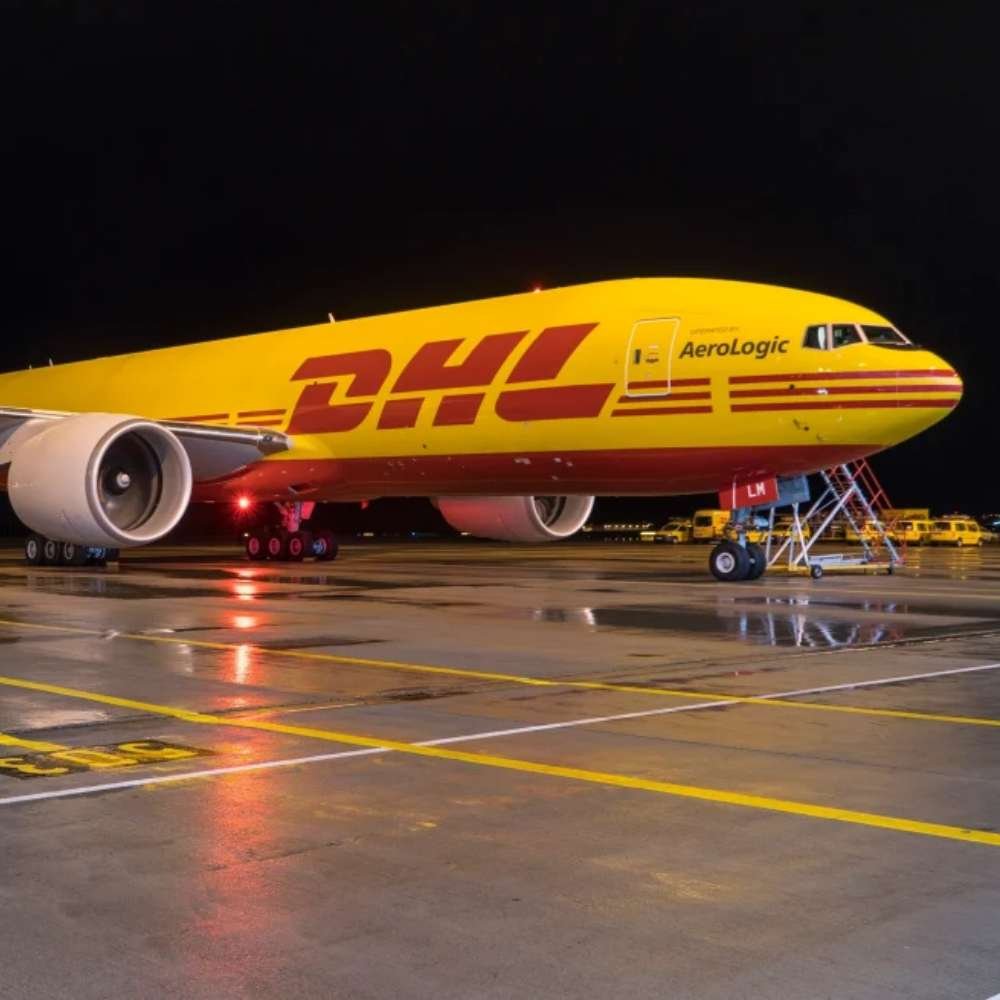Global logistics giant DHL Express has announced a temporary suspension of international shipments destined for U.S. consumers with a declared value exceeding $800. The pause, which took effect on April 21, 2025, comes in response to a dramatic increase in customs clearance requirements triggered by recent changes in U.S. trade regulations. The company stated the suspension would remain in place “until further notice,” as it works to manage the sharp uptick in formal entry processing.
This new restriction coincides with the expiration of the U.S. de minimis exception, a long-standing rule that allowed packages valued at $800 or less to enter the country duty-free. Set to expire on May 2, 2025, the policy’s end is expected to disrupt cross-border commerce, particularly for e-commerce platforms and international retailers that rely heavily on direct-to-consumer shipments from overseas.
Regulatory Changes Fuel Customs Backlog
Effective April 5, 2025, U.S. Customs and Border Protection lowered the threshold for mandatory formal entry processing from $2,500 to $800, adding a significant burden to logistics providers like DHL. This regulatory shift requires more detailed paperwork and longer clearance procedures for a larger volume of packages, particularly affecting goods arriving from China.
DHL Express cited the new customs requirement as the primary reason for its backlog, which has caused multi-day delays across shipments exceeding the new $800 limit. “This change has caused a surge in formal customs clearances, which we are handling around the clock,” the company said in an official statement. The logistical strain is being felt across the industry and poses new challenges for businesses of all sizes—not just major players like Shein or Temu, but also small and mid-sized sellers shipping directly to U.S. customers.
Industry-Wide Implications and Consumer Impact
The suspension of high-value deliveries marks a significant disruption for global commerce, especially in an era where cross-border e-commerce continues to grow. The move is expected to have ripple effects on retailers, manufacturers, and consumers alike, who may now face delays, added costs, or difficulty obtaining international goods.
With the de minimis rule nearing expiration, consumers could also see increased duties on previously tax-exempt shipments. For many U.S. shoppers accustomed to purchasing products directly from overseas marketplaces, the regulatory shift could mean fewer options and higher prices.
While DHL Express is actively working to scale its operations and resume normal service levels, the timeline for lifting the suspension remains uncertain. In the meantime, customers and retailers are urged to monitor updates and plan around the new customs limitations. DHL Express emphasized that shipments over $800, regardless of their country of origin, are now subject to delays due to the increased demand for formal entry processing.
This latest development underscores the far-reaching consequences of evolving trade policies and highlights the ongoing adjustments businesses must make in response to international regulatory changes.
Visit Mr. Business Magazine For The Most Recent Information.







